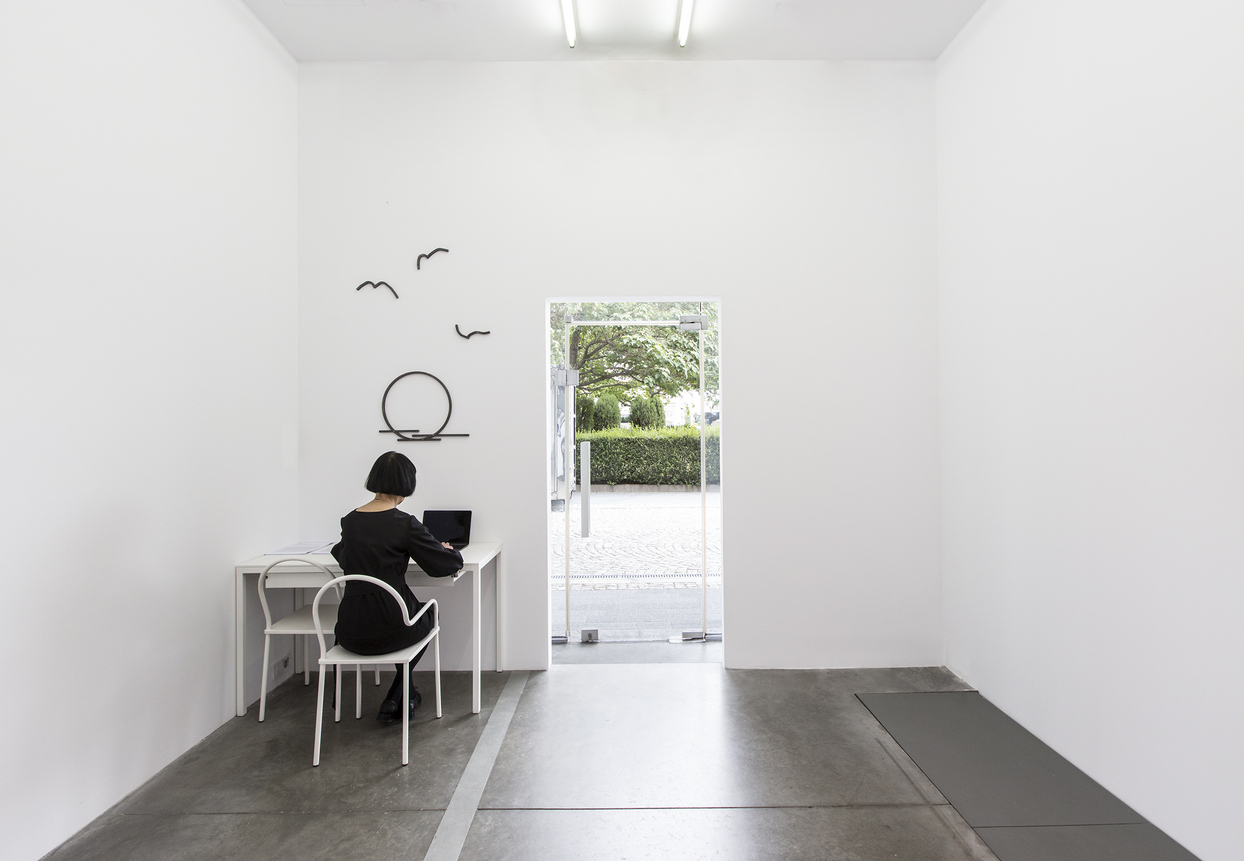Sarieva/Gallery is an innovative gallery showcasing art from Bulgaria and the Balkan region. Founded by Katrin and Veselina Sarieva, this third-generation gallery upholds the family tradition in Bulgaria's cultural and public sphere spanning centuries. Part of Sarieva's programs is dedicated to fostering the growth of the local art scene in Bulgaria and advancing the general art education of new audiences. The gallery represents artists with established careers, maintaining a dynamic roster of those with available works, continually discovering, rediscovering, and supporting talents. The primary exhibition space is situated in Plovdiv, the second-largest city in Bulgaria and its historical and cultural capital. The gallery operates an exhibition program in Sofia. Katrin and Vesselina Sarievi are actively involved in developing several Bulgarian art collections and supporting innovative initiatives that integrate contemporary art and cultural context into their growth.
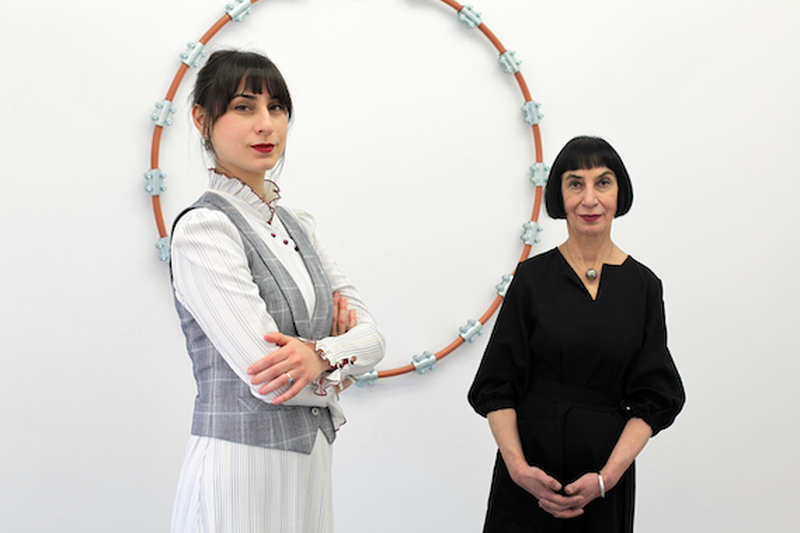 | .jpg) | .jpg) |
Context
The gallery has always been a project for support and education that emerged and developed in an unfavorable environment for contemporary Bulgarian art and the art market, requiring the founders' long-term efforts to create the necessary context.
Following their family's mission, in 2004, Katrin Sarieva opened her first gallery in Plovdiv, named Sariev, with a focus on contemporary ceramics and photography. With each project and show, the gallery was undergoing transformation, expanding its focus to encompass contemporary art in various forms.
In parallel, in 2005 independently, her daughter, Veselina Sarieva, initiated a long-term and comprehensive strategy to create and develop the missing audience for contemporary art and culture. She launched, with a wide group of supporters, the "Night/Plovdiv" program for museums, galleries, and urban culture. This successful initiative led to the establishment of the influential and active Open Arts Foundation in 2007 and the creation of the first community center of this kind in Bulgaria, called artnewscafe, in 2008.
In 2011, Sariev Contemporary gallery was founded. At that time, Veselina Sarieva joined Katrin Sarieva as the co-director of the gallery. This institution for contemporary art, built on an international model, developed an impressive roster of represented artists, an expanded exhibition program, educational initiatives, programs for the support of young artists, active international engagements, and, most importantly, achieved a significant breakthrough as the first Bulgarian gallery at international art fairs.
In response to global events and the gallery's organic evolution, Veselina and Katrin Sarieva announced a revamped program in September 2021, emphasizing collaborative principles and geographic expansion. The gallery initiated projects with collectors, enhanced the list of artists, and launched its Sofia branch in 2023.
This website combines database from 2009 till now
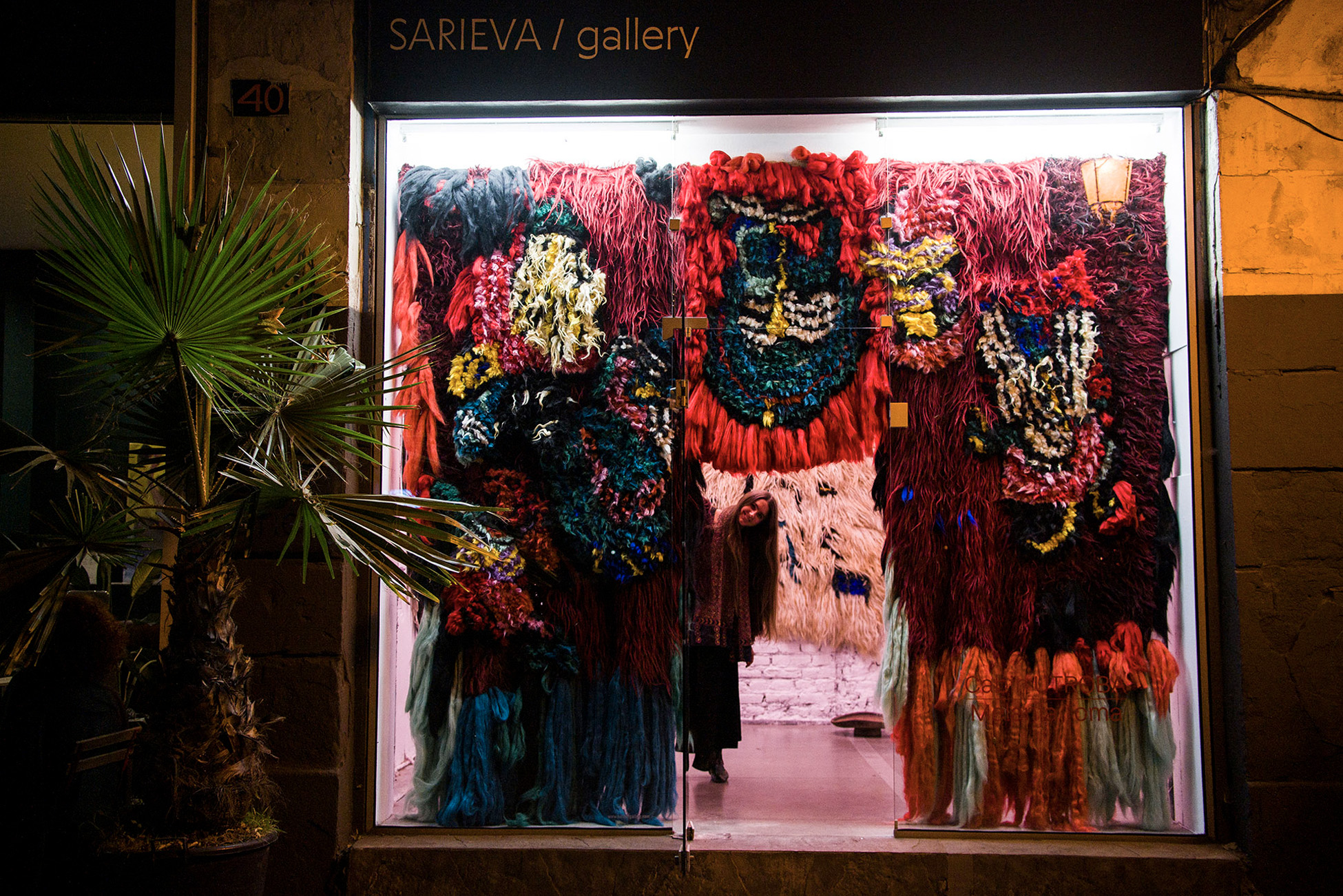 | 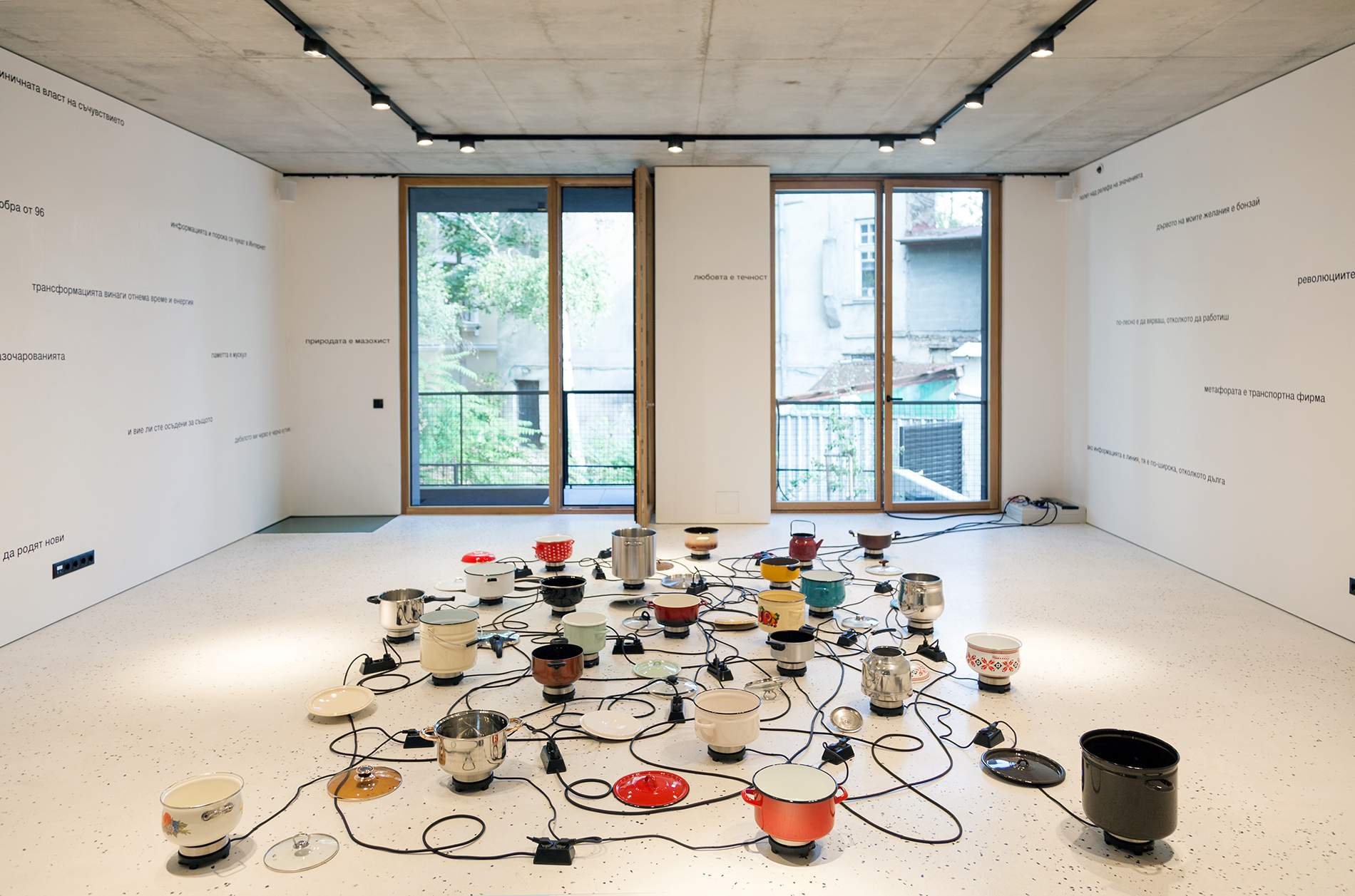 | 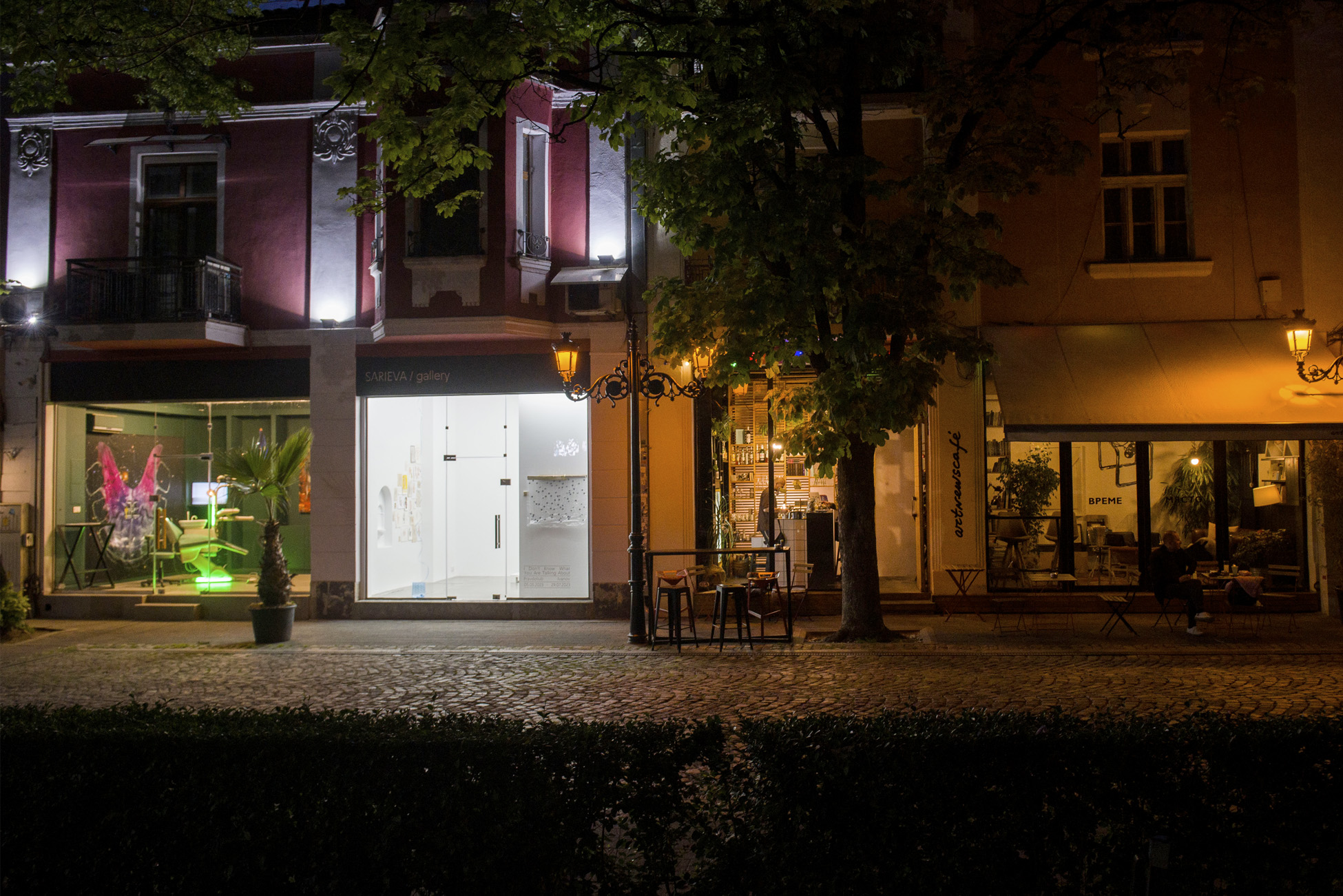 |
"Sarieva/Gallery in Plovdiv and Sofia. A miniature gallery in Plovdiv, coupled with a substantial presence in both national and international contemporary Bulgarian art scenes. This institution has played a pivotal role for over a decade. It encompasses not only a gallery and exhibitions but also a foundation fostering ideas and initiatives related to curating, collecting, and managing contemporary art.", Museum on Air, Diana Popova, 2023
"Sariev Contemporary is a gallery just off Plovdiv’s main street, past the office of the Open Arts Foundation and the bohemian hangout, Artnewscafe. A 180-square-foot white box, it is easy to miss. But the gallery is the heartbeat of Plovdiv’s contemporary art scene, and over the last decade, its proprietors — Katrin Sarieva and her daughter, Vesselina, who also run the cafe and the foundation — have created an ecosystem that combines the arts, community organizing and historical preservation. More than one person I met credited them with bringing contemporary art to the fore, not just in Plovdiv, but in Bulgaria and Eastern Europe as a whole.", Sebastian Modak, New York Times, 2019
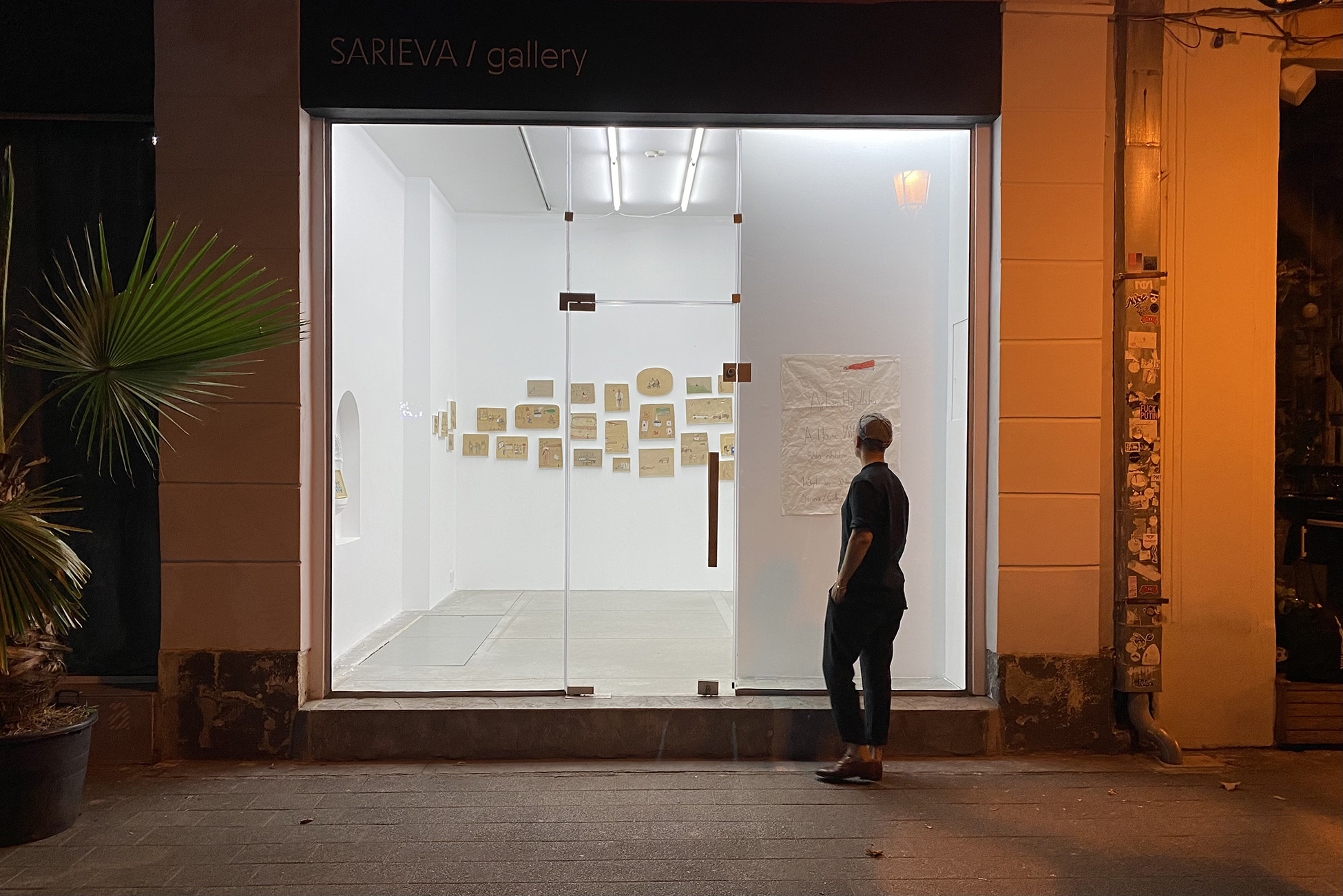 | 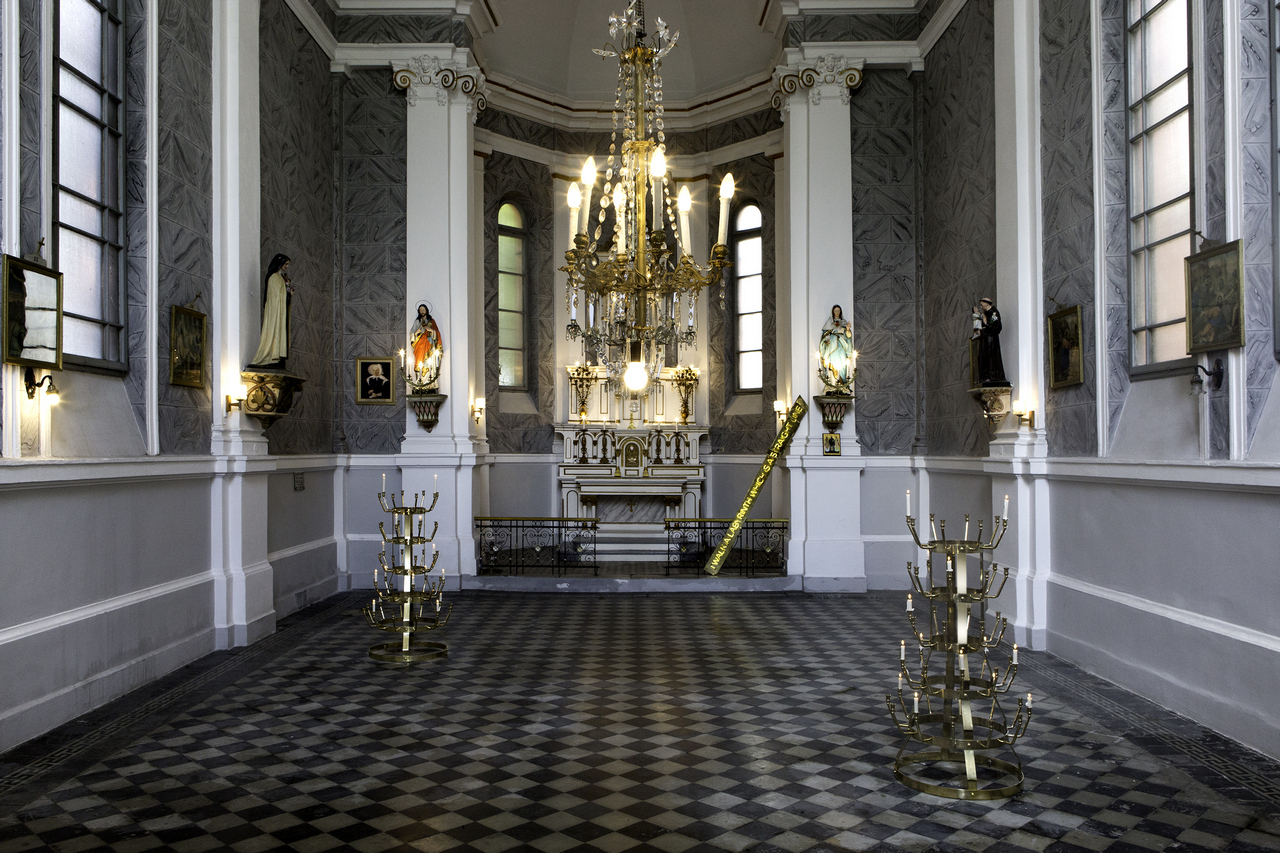 | 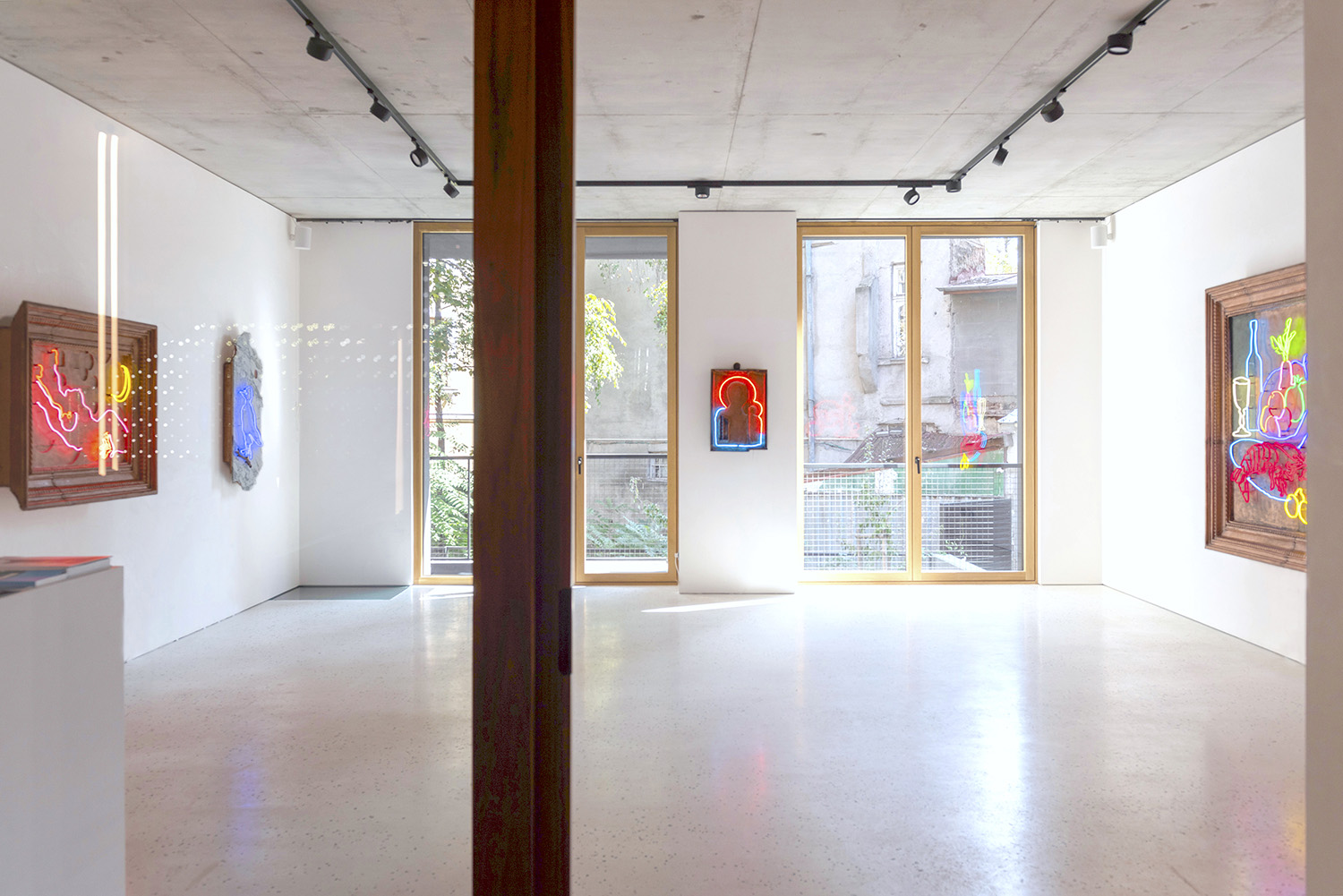 |
.jpg) | _Easy-Resize.com.jpg) | 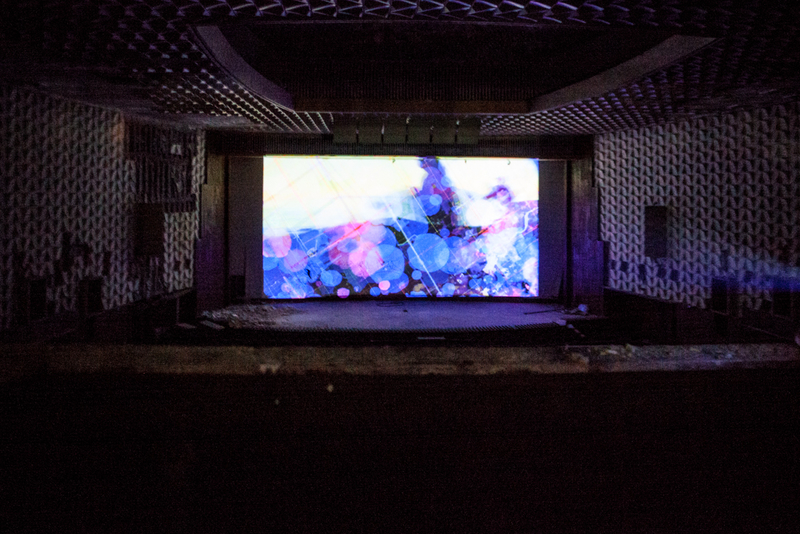 |
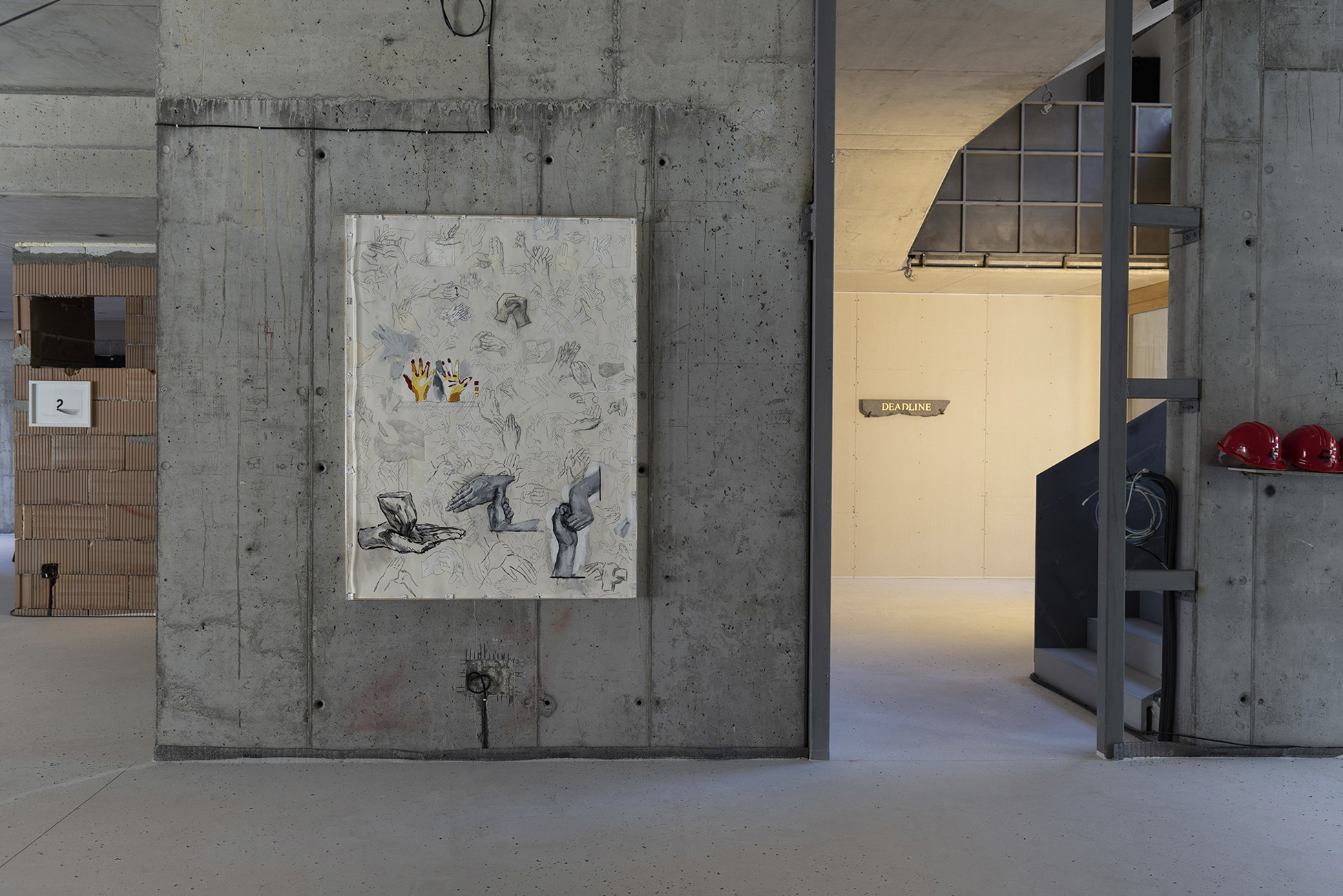 | 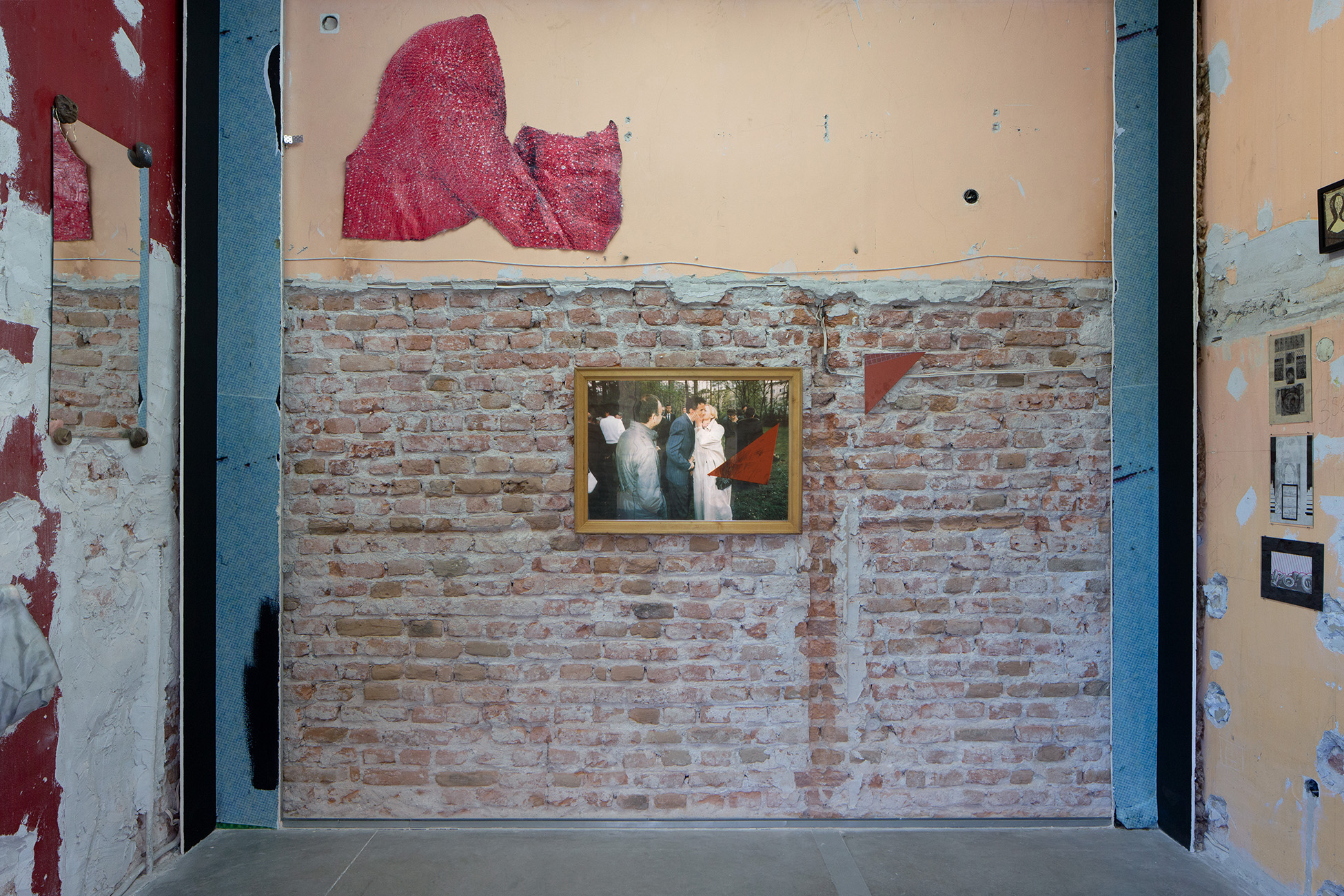 | 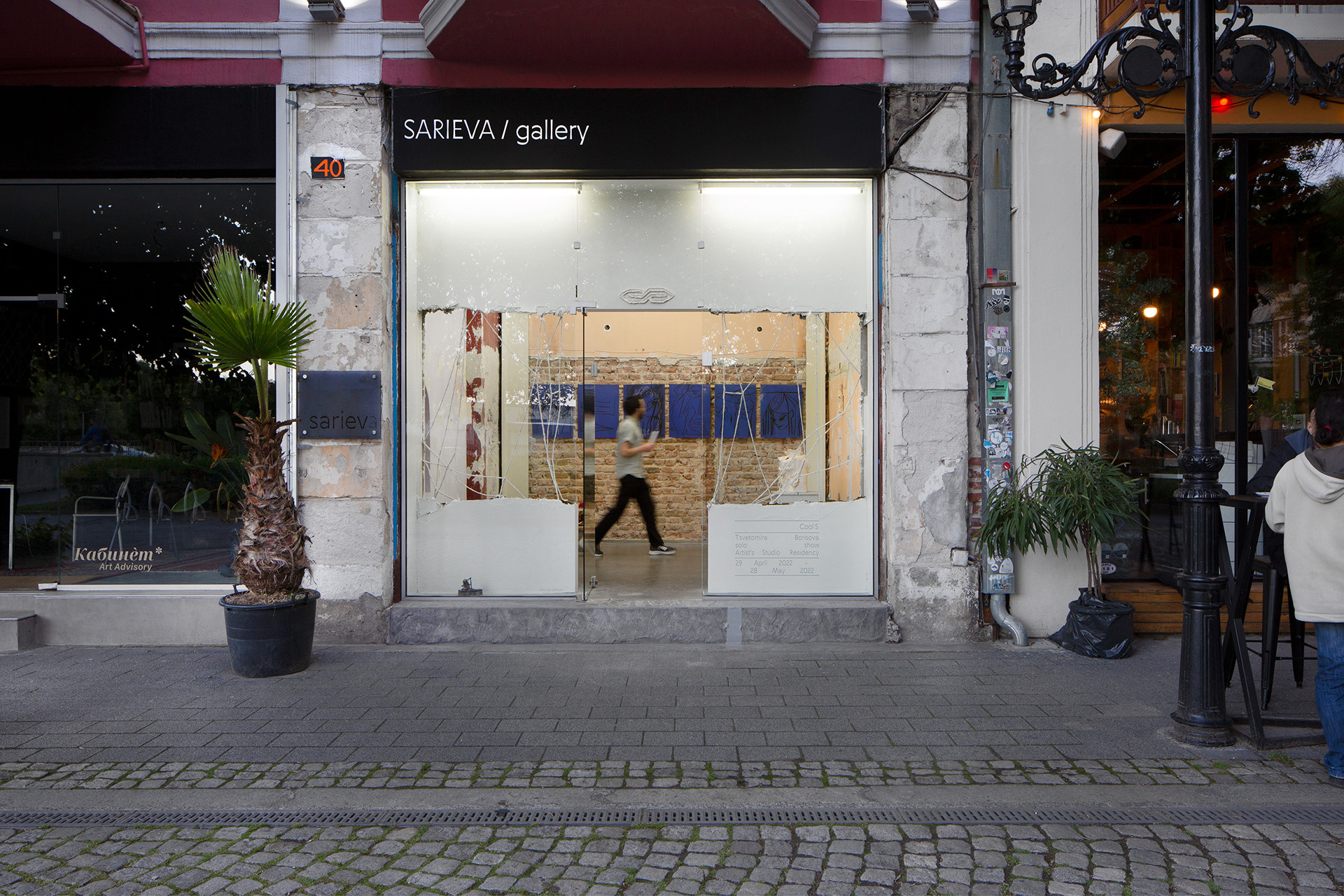 |
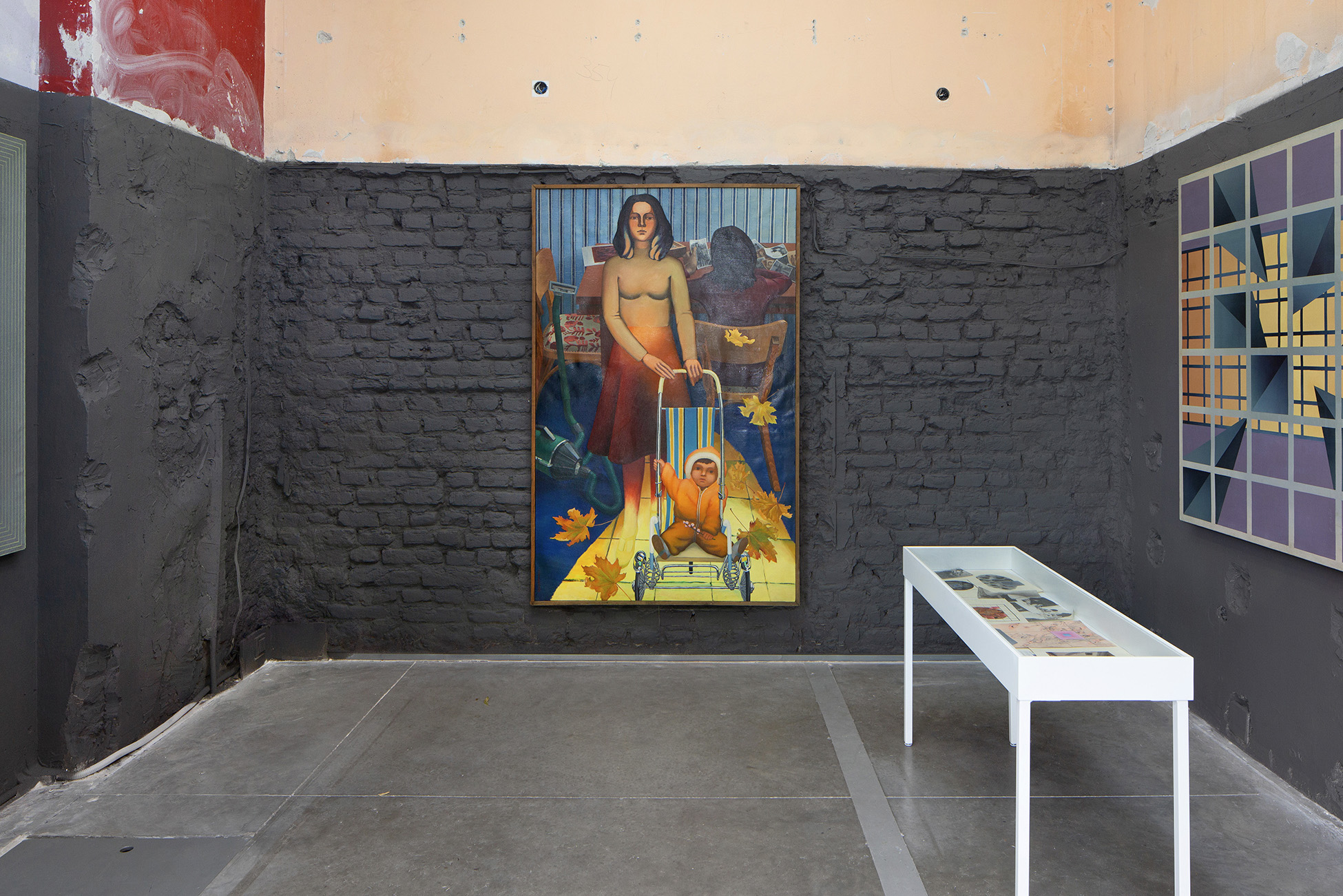 | 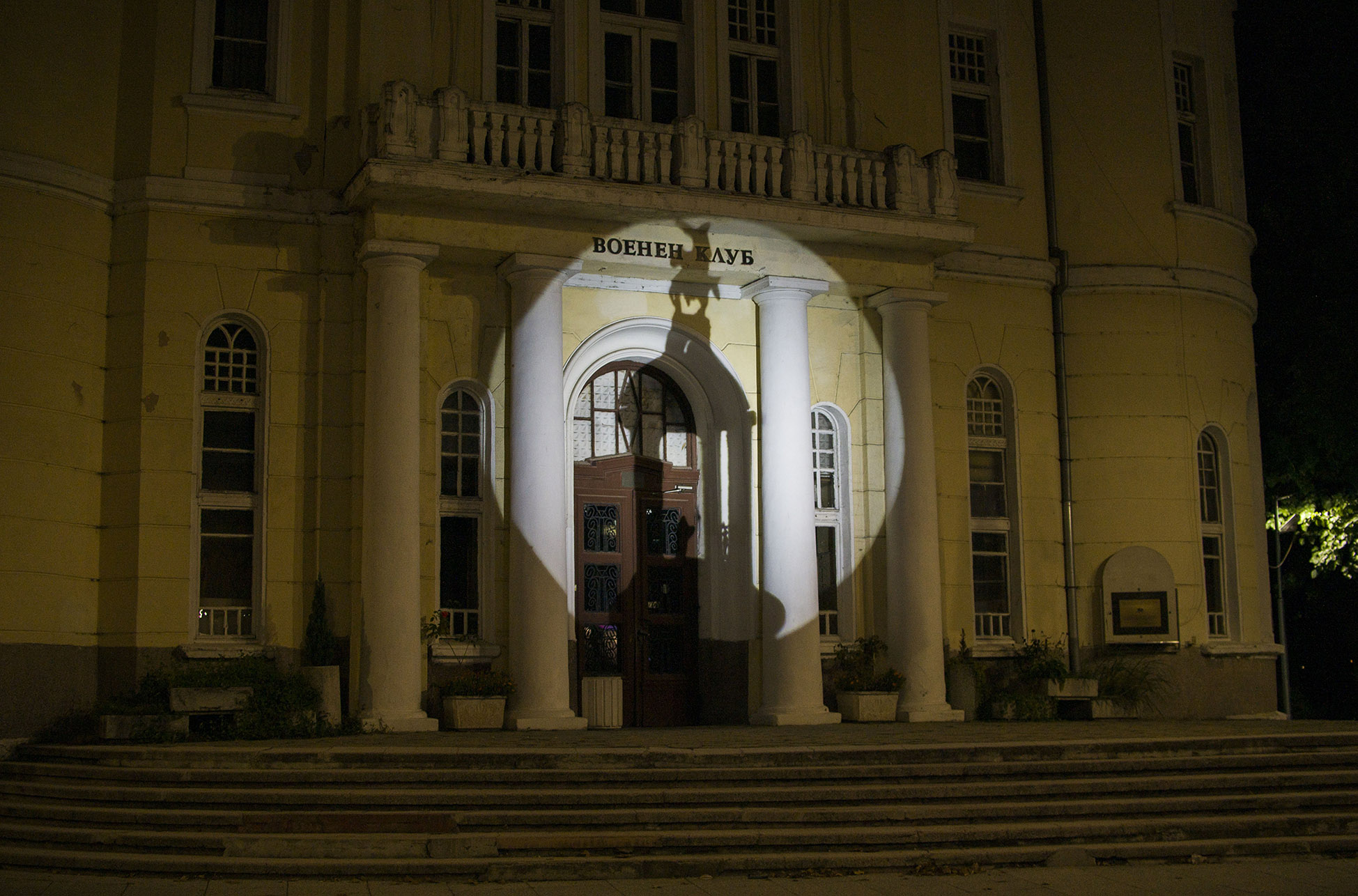 | 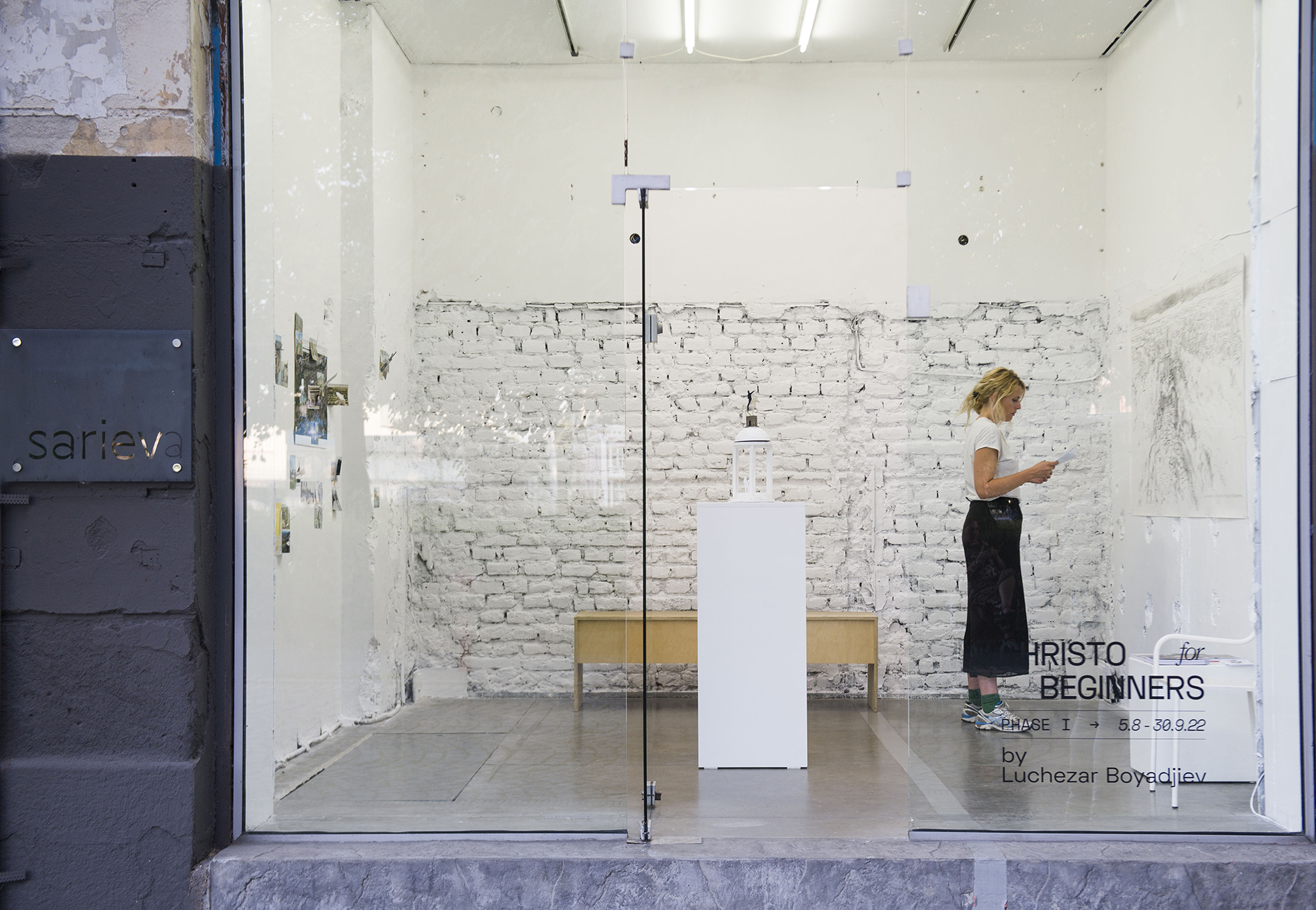 |
